Inflammaging: The Silent Culprit Behind Aging Skin
As we age, our bodies undergo a multitude of changes. One such change is a chronic, low-grade inflammation known as inflammaging. Unlike acute inflammation, which is a targeted response to injury or infection, inflammaging is a systemic process that simmers beneath the surface, impacting various aspects of our health, including our skin.
What is inflammaging?
Inflammaging is characterized by an overactivation of the immune system, leading to the constant production of inflammatory molecules like cytokines and free radicals. While these molecules play a crucial role in fighting off pathogens and healing wounds, their persistent presence in inflammaging disrupts cellular processes and damages healthy tissues.
Researchers believe the contributing factors include:
Cellular senescence
As cells age, they lose their ability to divide and function properly. These senescent cells can secrete inflammatory signals, promoting inflammaging.
Mitochondrial dysfunction
As the powerhouse of cells, its function can decline with age. This leads to increased oxidative stress and inflammation.
Lifestyle
Lack of exercise, not enough sleep, poor diet, chronic stress. These factors can all contribute to inflammaging.
How does inflammaging impact skin?

Left: young skin; Right: aged skin
Figure source [1]
Inflammaging wreaks havoc on our skin in multiple ways. It unleashes enzymes that break down collagen and elastine, leading to wrinkles, sagging, and a loss of firmness. This chronic inflammation also weakens the skin's barrier function, leaving it vulnerable to dryness, irritation, and infection. Additionally, inflammaging can trigger melanin overproduction, causing uneven skin tone, hyperpigmentation, and age spots. To top it all off, it can worsen existing skin conditions like rosacea, eczema, and psoriasis.
Mitigating inflammaging for healthier skin
While we cannot stop the aging process, there are steps we can take to mitigate inflammaging and promote healthier skin.
Start with a diet rich in fruits, vegetables, and whole grains to harness their anti-inflammatory power, while limiting processed foods, refined sugars, and unhealthy fats. Regular exercise is another weapon in your arsenal. Aim for at least 30 minutes of moderate-intensity exercise most days of the week.
Next, don't underestimate the power of sleep. Try to get 7-8 hours of quality rest to support a healthy inflammatory response. Last thing, manage stress with techniques like yoga or meditation.
As for the skin, pamper it with a gentle routine that includes anti-inflammatory ingredients like niacinamide, bisabolol, allantoin, chamomile extract, licorice extract etc.
Source
[1] S. M. Pilkington, S. Bulfone-Paus, C. E. M. Griffiths, R. E. B. Watson: Inflammaging and the skin. Journal of Investigative Dermatology. 2021, 141(4), 1087-1095.
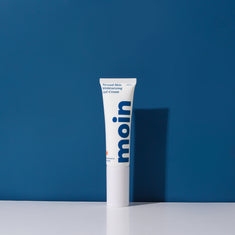
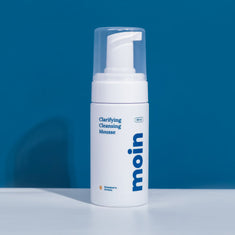
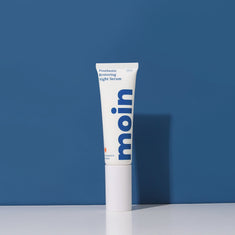
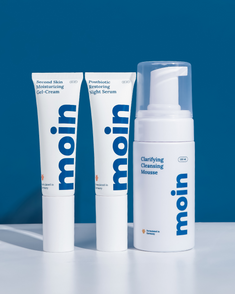

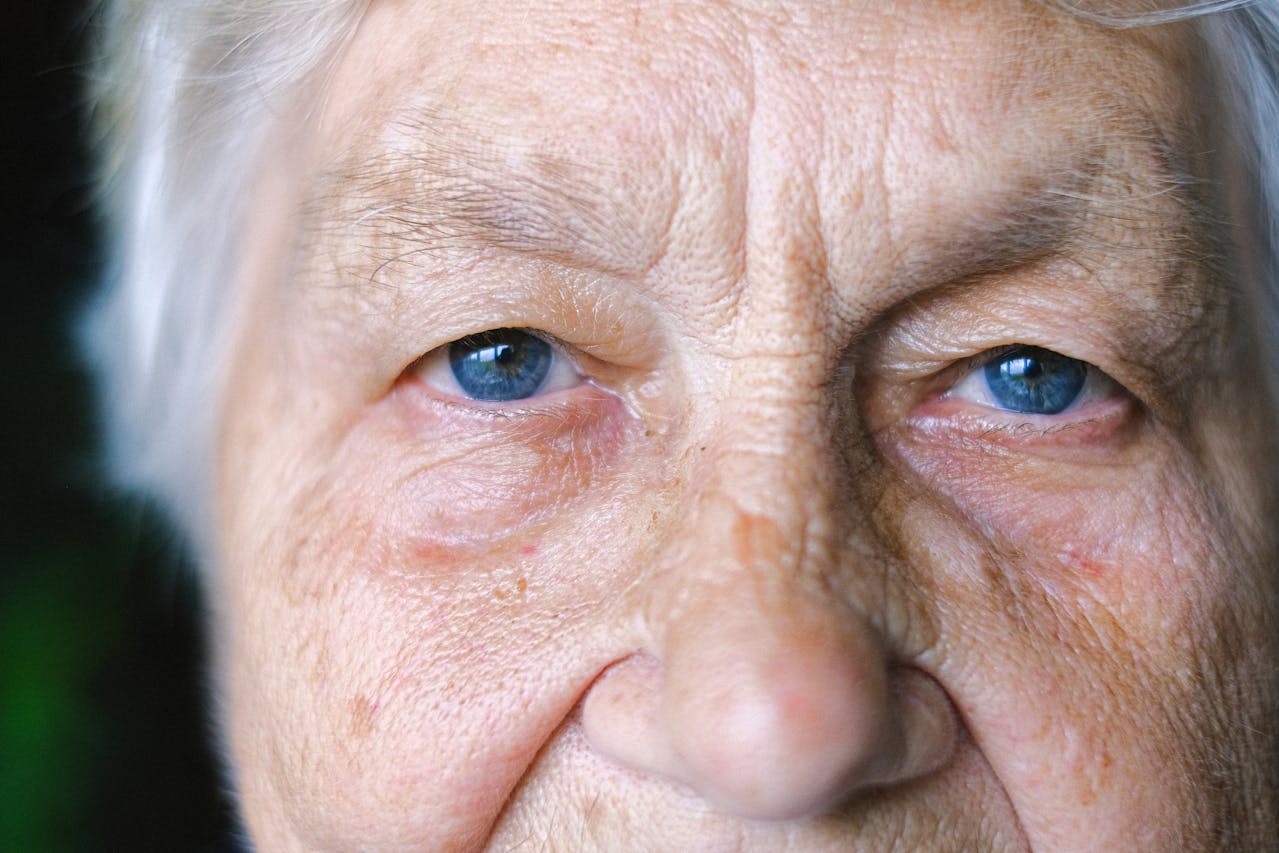
comment (1)
ibuku banyak bgt flek hitamnya, kira2 kalo dari produk moin, apa ya yg ccok?